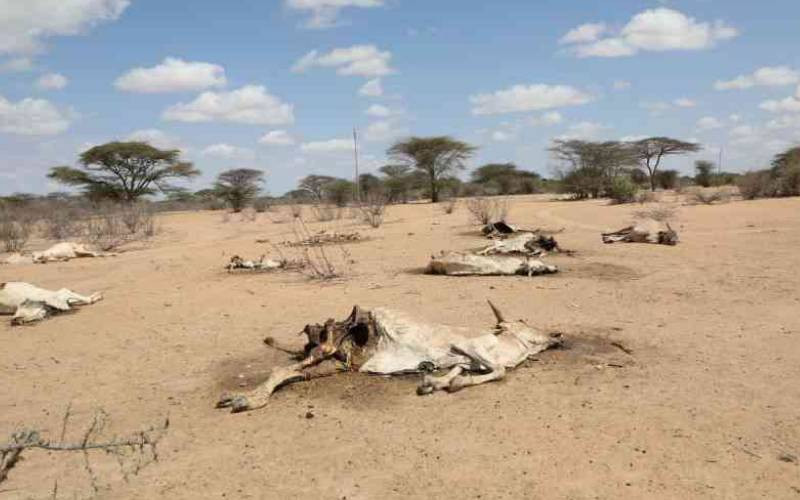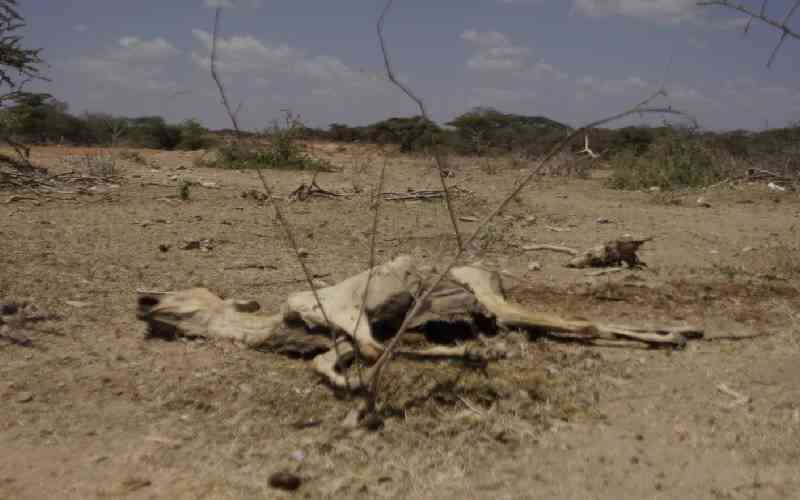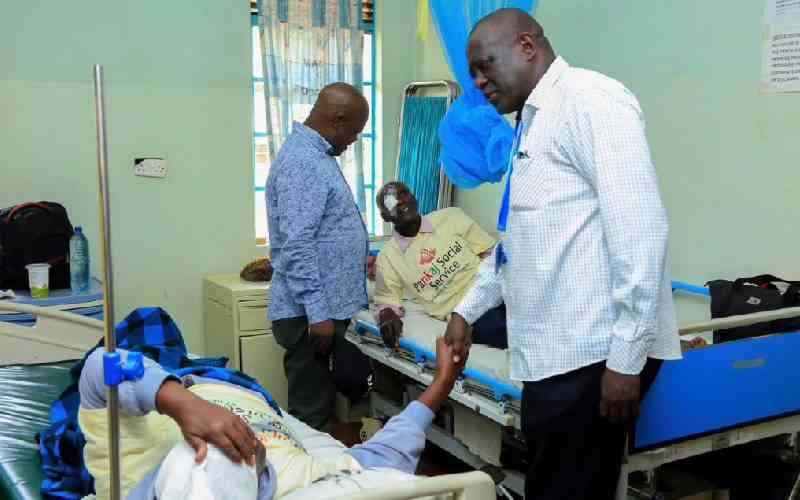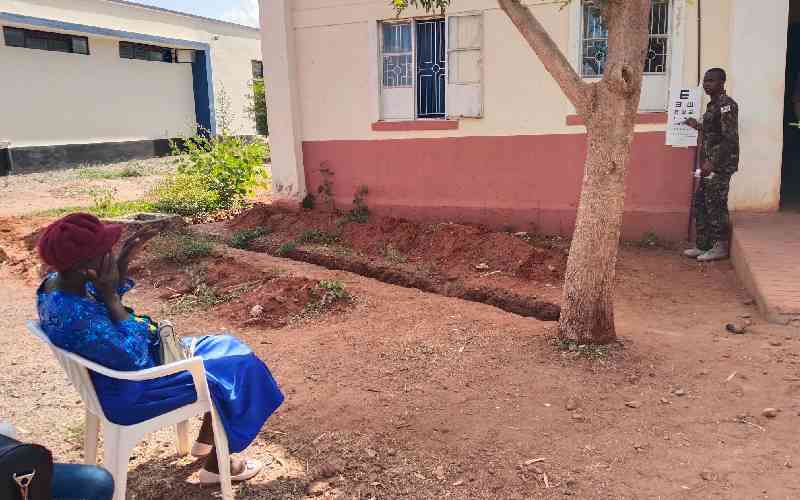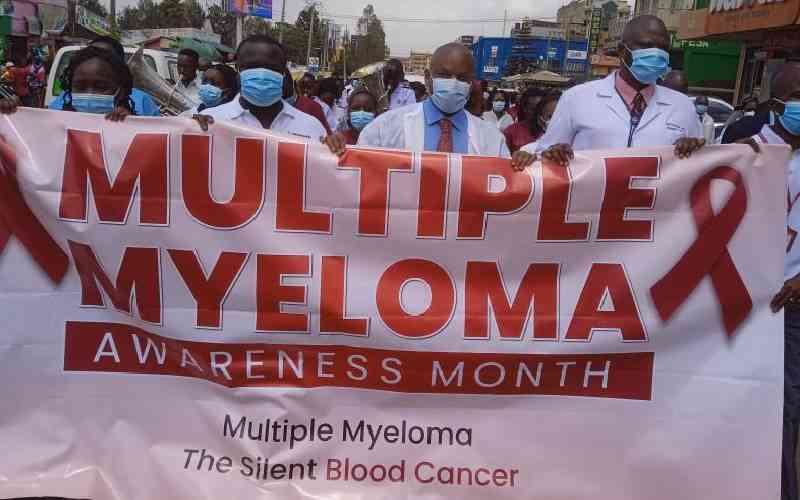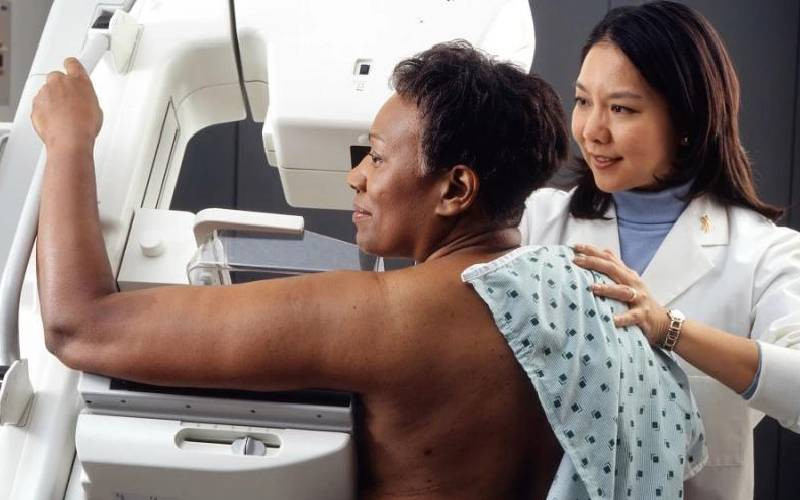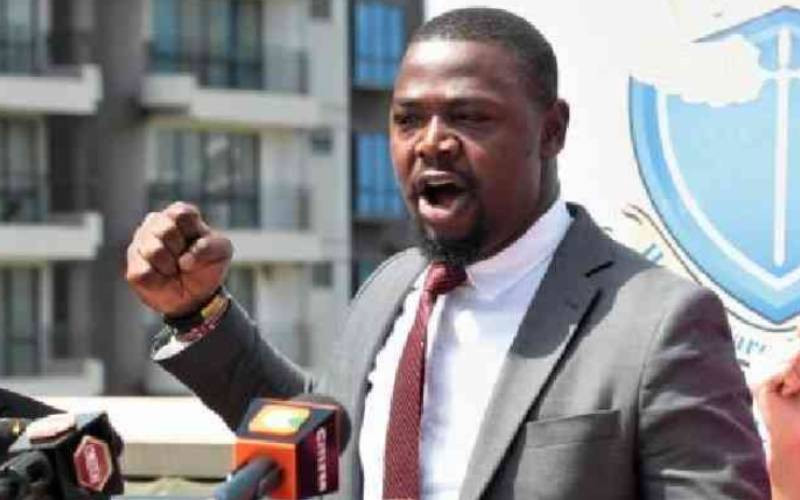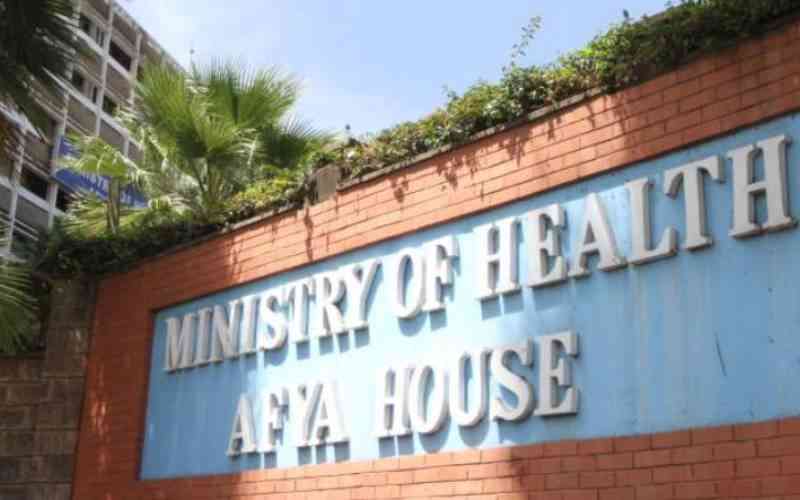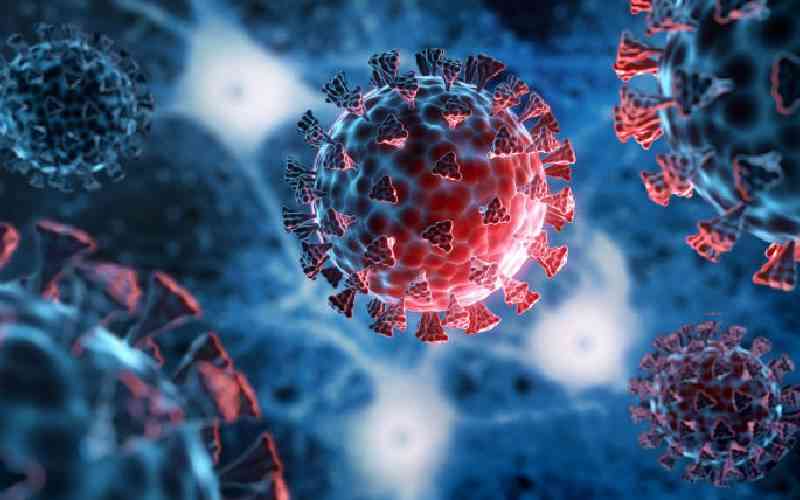
Kenya Kwanza Alliance and Azimio la Umoja allied Senators have come together to support two health bills seeking to allow hospitals to collect and manage their own revenue.
Senate Majority Leader Aaron Cheruiyot said the Facilities Improvement Financing Bill 2023 and the Primary Health Care Bill are critical to government's plan towards making its Universal Health Care Programme a reality.
Cheruiyot said the two are among four bills including the Social Health Insurance Bill 2023 and Digital Health Bill 2023 which are currently before the National Assembly before they are sent to the Senate in efforts to ensure that Universal Health Care is achieved.
The legislator who was speaking during a Senate plenary session held in Lodwar Town in Turkana County said the four Bills are crucial for ensuring the implementation of the Universal Health Care which the government has been trying since 2009.
"This time round we must try our level best to ensure that Universal Health Care is implemented, we have had this conversation for too long since 2009 with several challenges, however I am beseeching all Senators notwithstanding their political affiliation to support these bills," said Cheruiyot.
The Senate Majority Leader told the house that the Facility Improvement Financing Bill, 2023 allows the management of public health facilities to retain all the money they raise or receive for improvement of services and facilities across the country which has not been happening in the past
According to him, the bill seeks to improve the conditions of health facilities in most parts of the country that are in a dilapidated state despite the revenues they generate annually.
"Public Health Facilities generate a lot of revenue which unfortunately end up in one pool just like the money collected in markets, permits and other revenue avenues and eventually fail to serve the important role of ensuring that the health facilities are in good condition," said Cheruiyot.
He told the house that if the bill is passed it will ensure that public health facilities are able to acquire vital supplies and improve their infrastructure by the resources they generate stating that it was sad that most facilities lack funds to carry out this despite generating millions of shillings.
Cheruiyot said that despite some Public Health facilities in some parts of the country generating up to Sh400 million in a financial year what they get back was around 10, 20 or 30 percent which is a drop in the ocean for them to accomplish basic goals which explains why they are in a dilapidated state.
The Majority Leader explained that is the reason as to why Kenyans were lamenting on a daily basis over the sorry state of Public Health facilities since they cannot pay for supplies, they lack essential drugs, medical staff are not paid their salaries on time among other challenges which should not be there.
He said on the Primary Health Care Bill 2023 champions the provision of health care at the community level with the help of community health volunteers with the bill seeking to create a framework for the delivery and access to management of primary healthcare.
His Isiolo counterpart Fatuma Dullo raised concerns that despite the government spending huge sums of money for the Universal Health Care Programme there was little to show bearing in mind that the previous administration spent millions of shillings piloting the programme in Kisumu, Nyeri, Machakos, Isiolo.
"It is very important for an audit to be carried out over the piloting programme of the Universal Health Care before we can embark on other measures that are aimed to ensure that the programme is up and running, we need to be told what happened to the piloting programme done," said Dullo.
The Isiolo Senator said the Facilities Improvement Finance Bill will enable the management of the various public facilities to refurbish the many facilities that are in bad condition across the country since they have the authority to use the funds they collect which has not been happening.
Dullo told the house that the health facilities are essentially run by Governors, County Executive Committee Members in charge of Health and their chief officers as the management boards of the various health facilities are relegated to the periphery therefore not able to perform their intended roles.
Her sentiments were echoed by Murang'a's Joseph Nyutu who said unnecessary bureaucracy in the running of health facilities has led to the loss of lives as they cannot procure essentials in the health sector with things like lack of fuel for the ambulances or generators leading to staff not able to perform their roles.
"Every day we are faced with issues such as ambulances or generators lacking fuel which should not be the case in the first place, our health facilities are lacking even Panadol because they are allocated very little money to carry out their operations, we must support this bill to change this," said Nyutu.
Machakos Senator Agnes Kavindu said if counties are allowed to retain most of the revenues they generate for their own development it will bring to an end issues like patients being required to buy basic drugs and essential medical supplies in private chemists.
Kavindu said that they are tired of being called by their electorate on daily basis that there are no drugs in public health facilities which in most cases is caused by the health facilities being starved of funds that they could use for this purpose yet they generate a lot of money on daily basis.
Through the Primary Health Care Bill, the government is planning to hire 100,000 community health promoters whose roles shall include health education and promotion, disease prevention and control and family health services.
A community health promoter shall be selected by the community through a public participation forum and appointed by the county government and shall be registered by directors of health in all 47 counties who shall keep and maintain a register of all community health promoters working in the county.
The bill mandates county governments to support the provision of primary healthcare by among others adopting supportive and innovative modern approaches for disease identification and monitoring.
The Bill also seeks to create a framework for an elaborate primary healthcare network at each county and subcounty level to ensure equitable distribution of resources and health services.
The Bill creates a Primary Healthcare Advisory Council at the national government level that advises the national and county governments on implementation of primary healthcare services.
 The Standard Group Plc is a multi-media organization with investments in media
platforms spanning newspaper print
operations, television, radio broadcasting, digital and online services. The
Standard Group is recognized as a
leading multi-media house in Kenya with a key influence in matters of national
and international interest.
The Standard Group Plc is a multi-media organization with investments in media
platforms spanning newspaper print
operations, television, radio broadcasting, digital and online services. The
Standard Group is recognized as a
leading multi-media house in Kenya with a key influence in matters of national
and international interest.

